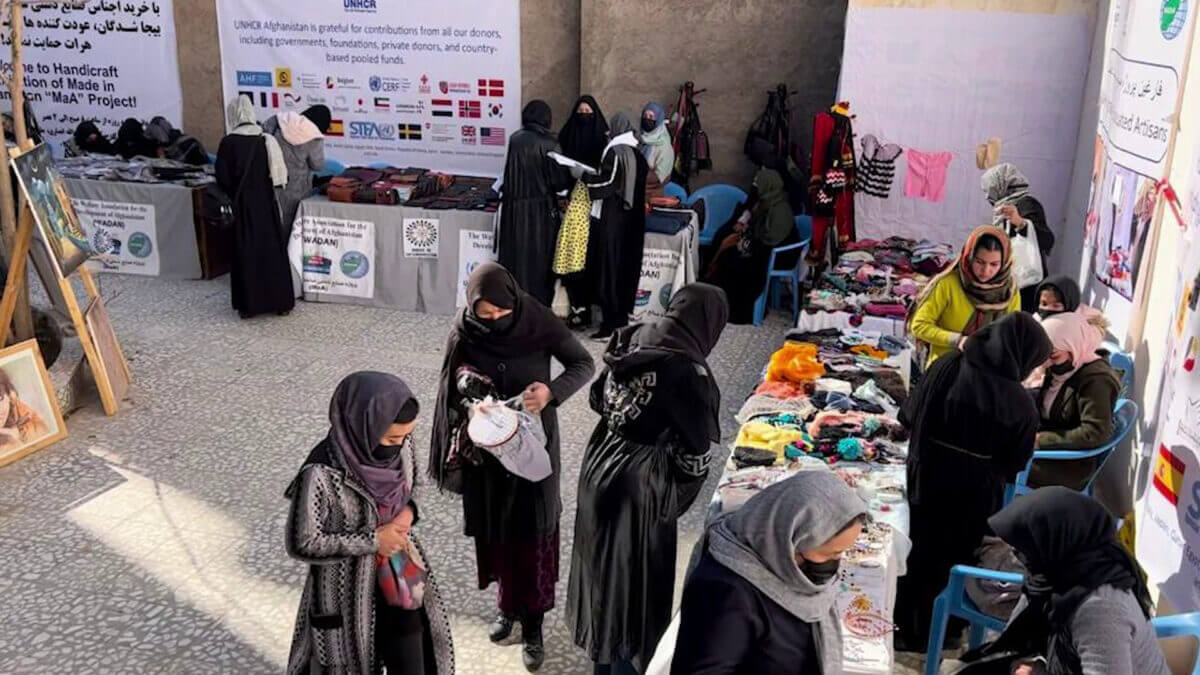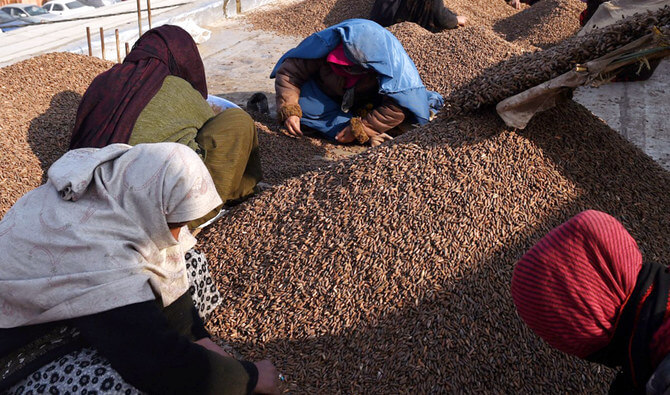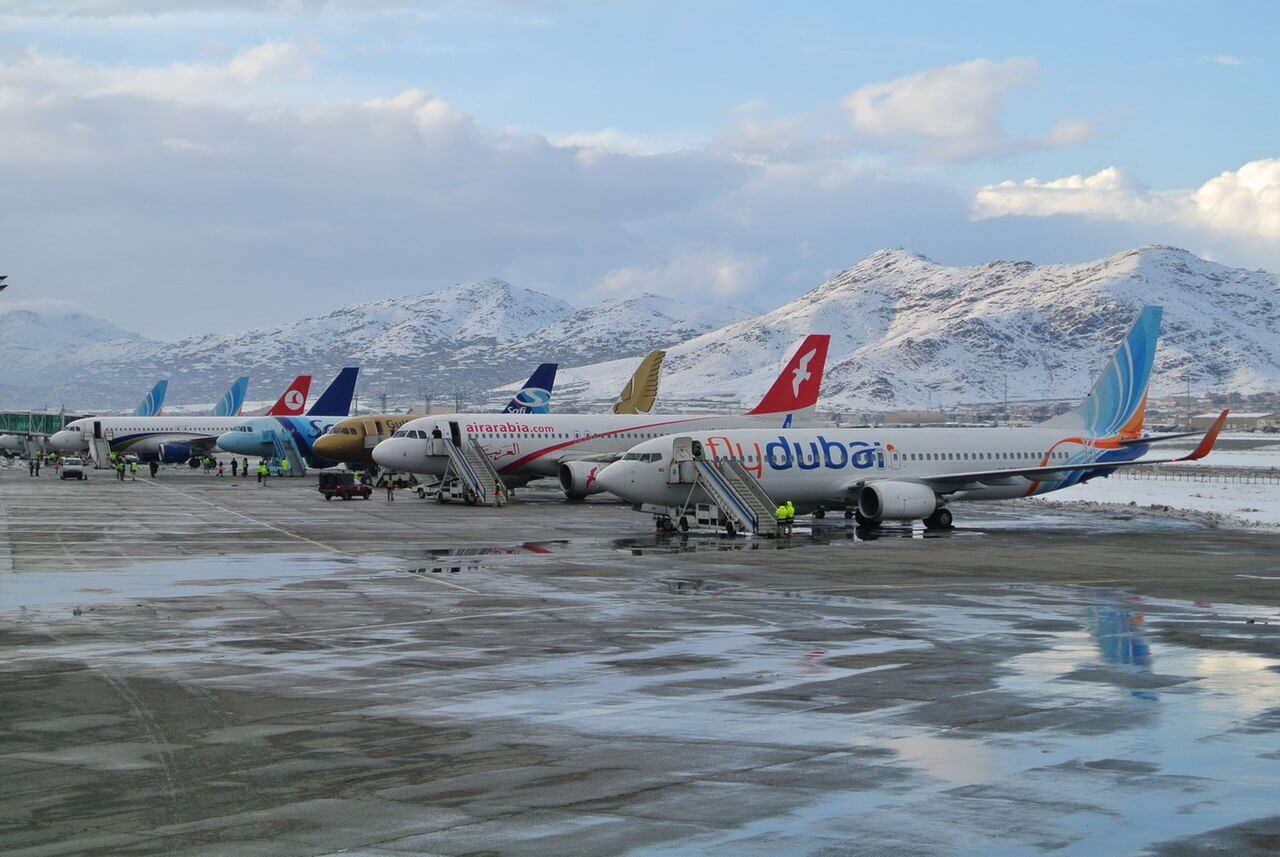
Afghanistan Economic Outlook
December 2023

Afghanistan Economic Outlook, is a creative initiative of the Afghanistan Economic and Legal Studies Organization (AELSO) which reflects most important & the latest economic events that happened during a month in Afghanistan.
By reading this economic newsletter, that has designed in three languages (Pashto, Dari & English), you can get a wider overview of Afghanistan’s economic situation.
Exhibitions to boost women’s entrepreneurship and domestic products
 Exhibitions showcasing women’s products were held in Kabul and Herat on Monday, aimed at promoting businesses led by women and bolstering their economic standing.
Exhibitions showcasing women’s products were held in Kabul and Herat on Monday, aimed at promoting businesses led by women and bolstering their economic standing.
In Herat, the handicraft exhibition featured the work of 40 returnees and displaced women. The event’s organizer emphasized its focus on supporting domestic products and fostering the growth of women’s economy.
Meanwhile, Kabul hosted a similar exhibition, attracting visitors with embroidery, carpets, and other industries led by women entrepreneurs. These businesswomen highlighted the importance of such events in advancing domestic production and improving family economies. They encouraged citizens to support domestic products.
The Kabul exhibition, held at Darul Aman Palace, involved 280 businesses showcasing their products. “This four-day event aimed to introduce Afghan domestic and manufactured goods, drawing significant public interest. Businessmen, investors, and government officials attended, resulting in some contracts,” said Nasir Ahmad Rashtiya, the exhibition’s organizer.
However, some businesswomen expressed concerns about the lack of market opportunities, noting decreased sales compared to the past.
The “Domestic Products” exhibition ran for four days in Kabul and three days in Herat, welcoming visitors.
These events also saw participation from many girls who, due to educational barriers, have turned to small businesses as an alternative to school and university.
Afghanistan’s exports reach $1.7 billion in 2023: Statement
 Afghanistan’s exports for the current year have reached $1.717 billion, as disclosed in a statement by the Taliban on Monday.
Afghanistan’s exports for the current year have reached $1.717 billion, as disclosed in a statement by the Taliban on Monday.
The statement from the office of the Taliban’s deputy chief minister highlighted that the country’s export portfolio is predominantly composed of fruits, dried fruits, carpets, saffron, coal, and vegetables.
A staggering 97% of Afghanistan’s exports found their destination in key countries such as Iran, Pakistan, India, Tajikistan, Uzbekistan, the United Arab Emirates, Iraq, Saudi Arabia, China, and Kazakhstan, according to the official statement.
According to information available online, exports in Afghanistan increased to $1.837 billion in 2022 from $1.05 billion in 2021.
Exports in Afghanistan averaged $537.54 million from 2000 until 2022, reaching an all-time high of $1.837 billion in 2022 and a record low of $69.10 million in 2002.
Pine Nuts Exports Increase
 The Ministry of Commerce and Industry said that compared to the previous year, the amount of pine nuts exports has increased slightly.
The Ministry of Commerce and Industry said that compared to the previous year, the amount of pine nuts exports has increased slightly.
The statistics of this ministry show that in the last eight months, $14 million dollars’ worth of pine nuts have been exported to China, India, Pakistan, United Arab Emirates and the US.
The spokesperson of this ministry said that they are trying to provide more facilities in the export sector of pine nuts through air corridors and land routes.
Akhundzada Abdul Salam Jawad, the Commerce and Industry spokesman, said: “In the last eight months, the export of pine nuts was worth $14 million dollars, which was mostly exported to China, India, Pakistan, United Arab Emirates, Saudi Arabia, Qatar, America, England, Australia, Holland and other countries.”
A number of businessmen said that in order to increase the production of pine nuts outside the country, the Islamic Emirate should address their challenges, and the processing of pine nuts should also be done inside the country.
“We request that the elders of the Islamic Emirate to activate the air corridor as soon as possible so that we can deliver the dried fruit in the right way to the world market on time,” said Zalmay Azimi, a businessman.
Meanwhile, the Afghanistan Chamber of Commerce and Investment (ACCI) said that Afghanistan has the capacity to export pine nuts with a higher value of $100 million dollars per year, and attention needs to be paid in this field.
“There is 30,000 tons of annual production capacity and we can produce and process more than 30,000 tons. Currently, we export about five to six thousand tons which are exported to China and some European countries,” said Khan Jan Alokozay, a member of the ACCI’s Board of Directors.
Based on the statistics of the ministry, in the year 1401 (Solar), $49 million worth of pine nuts were exported abroad and most of the exports have been made to Pakistan, China and India.
120,000 Traveled Through Kabul Intl Airport in 1 Month
 The general manager of Kabul International Airport, reported that in just one month more than 120,000 people, including foreigners, have traveled through Kabul Airport.
The general manager of Kabul International Airport, reported that in just one month more than 120,000 people, including foreigners, have traveled through Kabul Airport.
At the opening ceremony for projects at Kabul Airport, Mohammad emphasized that they are in contact with some foreign companies to resume their flights in Afghanistan.
The General Director of Kabul International Airport said: “Here are domestic companies, and FlyDubai is making two flights a day, and we are in contact with Jazeera Airways and Air Arabia, and they have evaluated all the services and looked at it from the security point of view.”
Meanwhile, Mullah Abdul Ghani Baradar, deputy prime minister for economic affairs, pledged that they will provide facilities for investors in all sectors.
Baradar added that the conditions for investment in the country has been provided.
He said: “All Afghans, especially businessmen and national investors, should participate in the reconstruction of the country to the best of their ability and use investment opportunities in those sectors that are a priority for Afghans.”
Mohammad Yunus Momand, the first deputy of the ACCI, said: “We ask the Islamic Emirate to establish a relationship between the people and the government.”
Meanwhile, the Ministry of Transport and Civil Aviation (MoTCA) said that the work of some projects in Kabul International Airport, worth one million dollars, has been started by the private sector.
Ghulam Jailani Wafa, deputy of MoTCA, said: “These projects consist of about 10 medium and small projects and most of them were supported by national traders and private companies. These projects are worth almost one million dollars.”
Earlier, the authorities of the Islamic Emirate said that after the Islamic Emirate retook Afghanistan, some countries including China, Qatar, Turkey, Uzbekistan, America and Iran in Afghanistan invested in various sectors.
Kandahar exported 118 tons of fresh fruit this year
 A total of 118,000 tons of fresh fruit has been exported from Kandahar province this year, and more than $55 million earned from the exports, local officials said.
A total of 118,000 tons of fresh fruit has been exported from Kandahar province this year, and more than $55 million earned from the exports, local officials said.
Exported fruits included watermelons, grapes, pomegranates, and figs among others.
According to officials from the Kandahar Chamber of Commerce, this year Kandahar’s waters were managed properly and natural pests were less, so the yield of fresh fruit in Kandahar increased.
“Although there was a drought this year, water was managed properly, the farms were irrigated in due time and there were no pests. Fruits were exported in a regular manner. Now there are some pomegranates and apples left,” said Abdul Baqi Bina, the deputy of the Kandahar Chamber of Commerce.
Fresh fruit exporters in Kandahar said that facilities have been provided in the export process, but greater efforts should be made to increase the country’s exports.
“Fortunately, the security conditions were very good this year. There was no problem at customs. If there was any problem, the head of customs would solve it,” said Haji Nani, head of the Kandahar Fresh Fruit Export Commission.
DABS and Tajikistan sign electricity supply agreement for 2024
 Chief Executive Officer of Da Afghanistan Breshna Sherkat (DABS), Muhammad Hanif Hamza, has signed an electricity purchase agreement with Tajikistan for 2024.
Chief Executive Officer of Da Afghanistan Breshna Sherkat (DABS), Muhammad Hanif Hamza, has signed an electricity purchase agreement with Tajikistan for 2024.
Hamza signed the agreement at a meeting in Turkey with the Chairman of Tajikistan Electricity Company, Mohammad Omar Asazada.
During the meeting, both sides discussed the possibility of extending a new 500 KV transmission line from Tajikistan to Afghanistan, with Tajikistan expressing interest in pursuing this extension.
DABS’ leadership also requested Tajikistan’s cooperation in resuming, coordinating, and implementing the CASA-1000 project.
The Central Asia-South Asia power project, commonly known as CASA-1000, is a $1.16 billion project that once complete will allow for the export of surplus hydroelectricity from Kyrgyzstan and Tajikistan to Afghanistan and Pakistan.
Recent Afghanistan Economic Outlook
Join to our Newsletter

Advancing the Ideas for a Peaceful and Prosperous Afghanistan
© 2023 Copyright Afghanistan Economic & Legal Studies Organization.